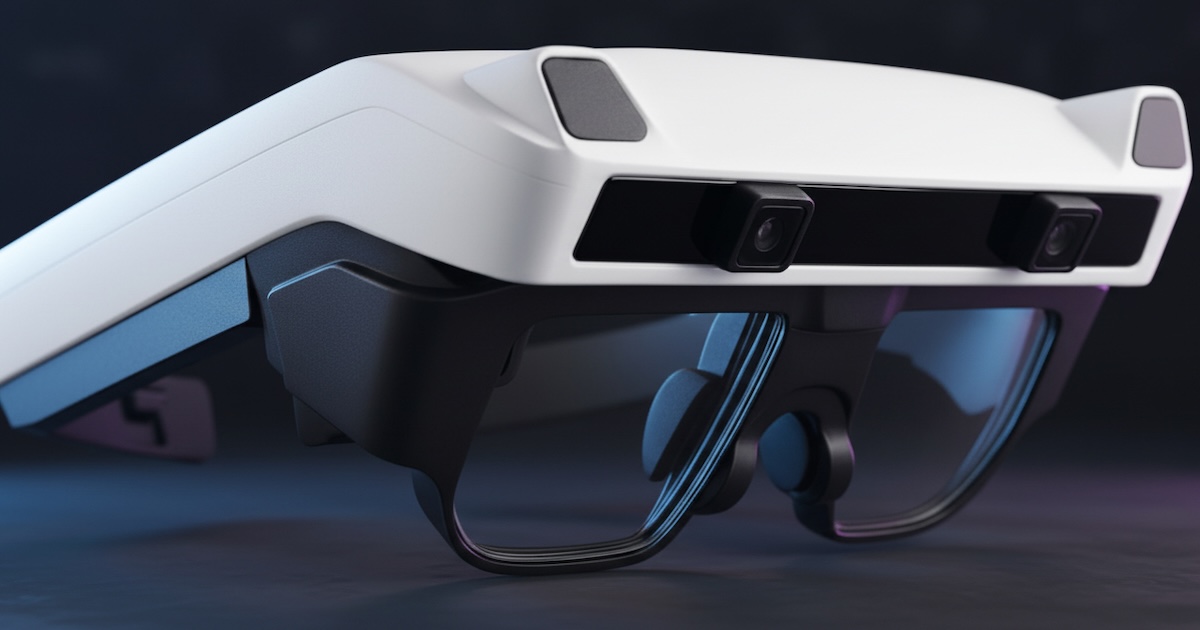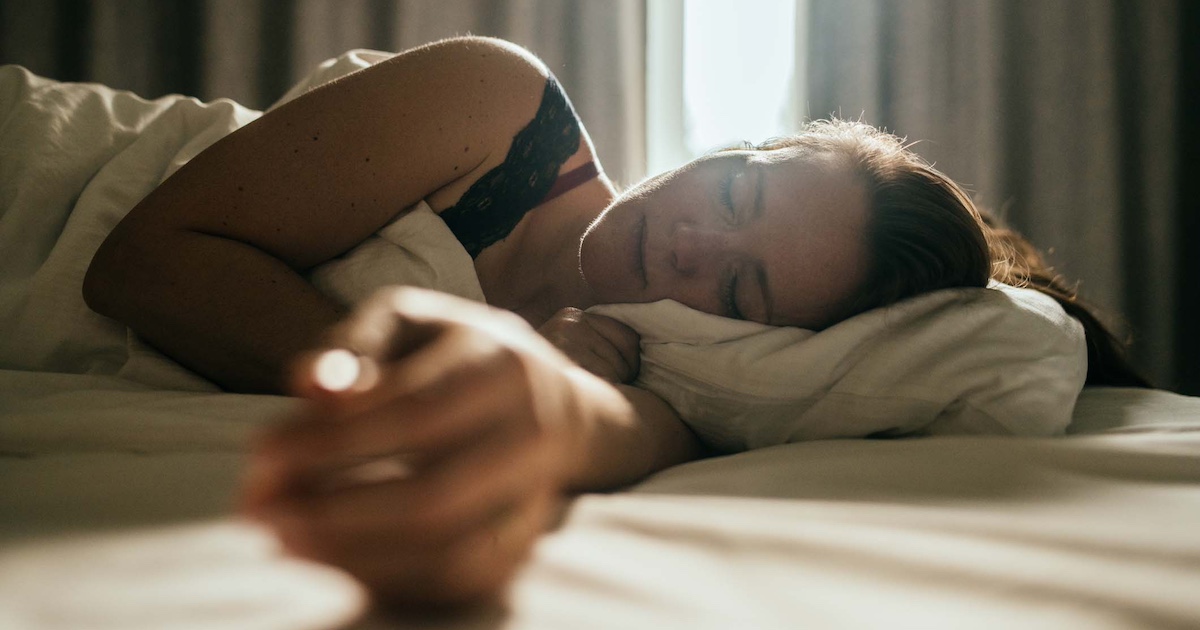A new mHealth program is aimed squarely at a hospital's most expensive patients – the so-called "superutilizers."
The Centerstone Research Institute, a Nashville-based not-for-profit focused on improving healthcare for those with mental health and addiction disorders, is partnering with mHealth vendor Ginger.io and Verizon to launch coactionHealth. The program aims to use mobile technologies to help individuals with complex behavioral health disorders who generally rack up more than $25,000 a year in Medicaid expenses.
“Five percent of high-utilizer Medicaid beneficiaries represent more than half of the state Medicaid dollars spent each year,” Centerstone Research Institute CEO Tom Doub said in a recent press release. “These individuals typically have co-occurring mental and physical disorders that make managing their care difficult. Understanding their needs and finding ways to help them better manage their health is critical in controlling healthcare costs.”
The program makes use of mobile surveys, a high-intensity wellness coach available on-site or through mobile communications, a support team that includes consultants, nurses and licensed therapists, and a home mHealth package consisting of mobile phones, health data tracking apps and connectivity tools for communication with different members of the care team.
In a three-month pilot run between April and July of this year, officials said coactionHealth resulted in fewer hospitalizations and reduced patients' needs related to home mobility, personal care, nutrition and a safe living environment by some 55 percent.
As part of the program, Ginger.io, an MIT-launched startup that develops smartphone-based mHealth tools, sent participants a daily mental wellbeing survey through an app on their smartphones. The survey enabled caregivers to identify abnormal behaviors, such as the presence of depression, social isolation or suicidal thoughts, and intervene when necessary. The platform also enabled the care team to chart each patient's behavioral trends over time.
“Providers now have access to more data from more sources than ever before, and connecting that data to physical and mental wellness represents an enormous opportunity to improve outcomes,” Anmol Madan, co-founder and CEO of Ginger.io, said in the press release. “We’re helping providers shift from an episodic view of their patients’ health to a continuous and more comprehensive understanding of personal health trends. The CRI program shows how targeted outreach and an improved patient-provider connection can empower patients to take control of their own health.”
Verizon healthcare specialist Leslie Baker added that "the fusion of healthcare with mobile technology" improves communication between patients and care teams, results in fewer patient visits, and reduces care costs, all while bolstering clinical outcomes.
The program specifically targets this with co-occurring mental and physical health needs, including schizophrenia, bipolar disorder, personality disorders and chronic conditions like diabetes, heart disease and chronic obstructive pulmonary disorder. Officials said an mHealth program that stresses constant support and coaching can help these individuals improve their sense of self-confidence.
“The coactionHealth pilot demonstrated that technology can be a vital tool in advancing behavioral healthcare and making the healthcare system more efficient and effective for people with chronic and complex conditions,” Doub pointed out. “By integrating mobile solutions and data analytics into a coordinated care program, CRI, Ginger.io and Verizon were able to not only reduce hospitalization costs, but create a positive mental and physical change for participants.”
Related articles:
Making patient engagement meaningful (to the doctor)
Vicious circle: IT sets BYOD and social media parameters, users disagree
mHealth masters: Harry Greenspun on the promise of applied analytics


